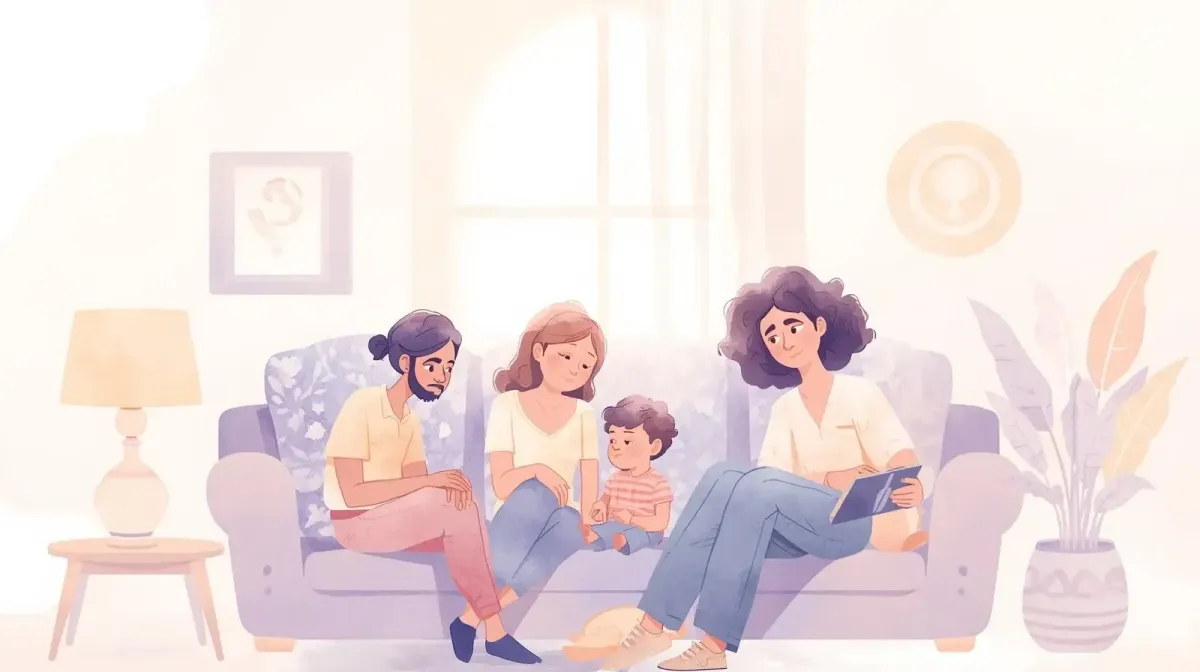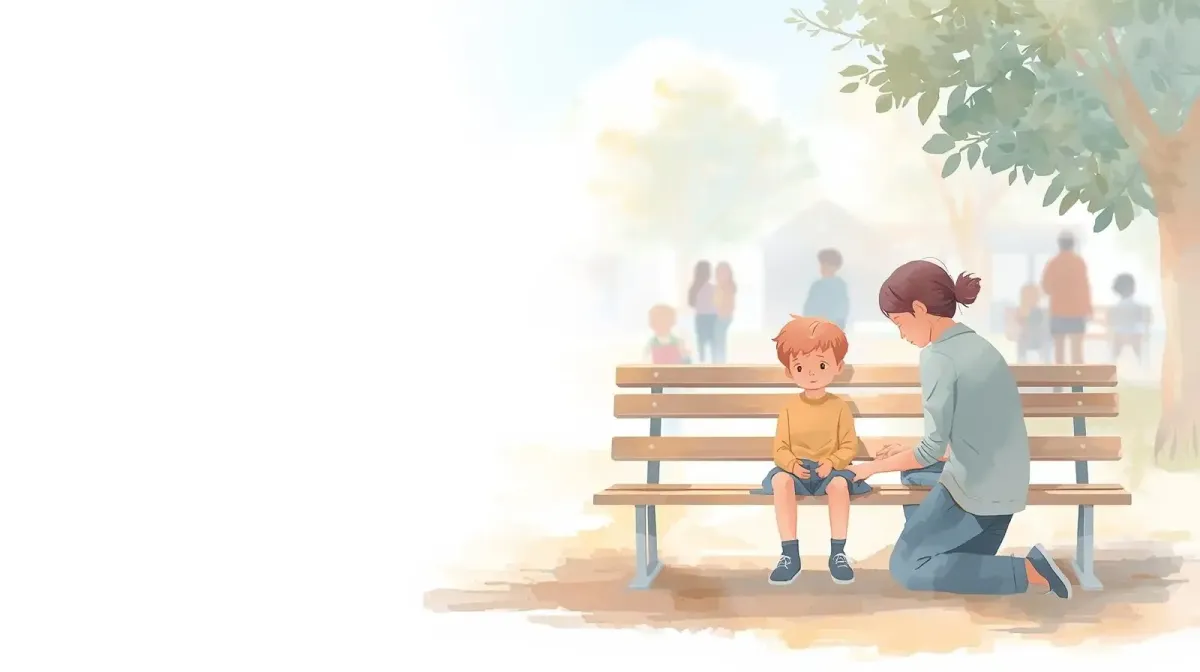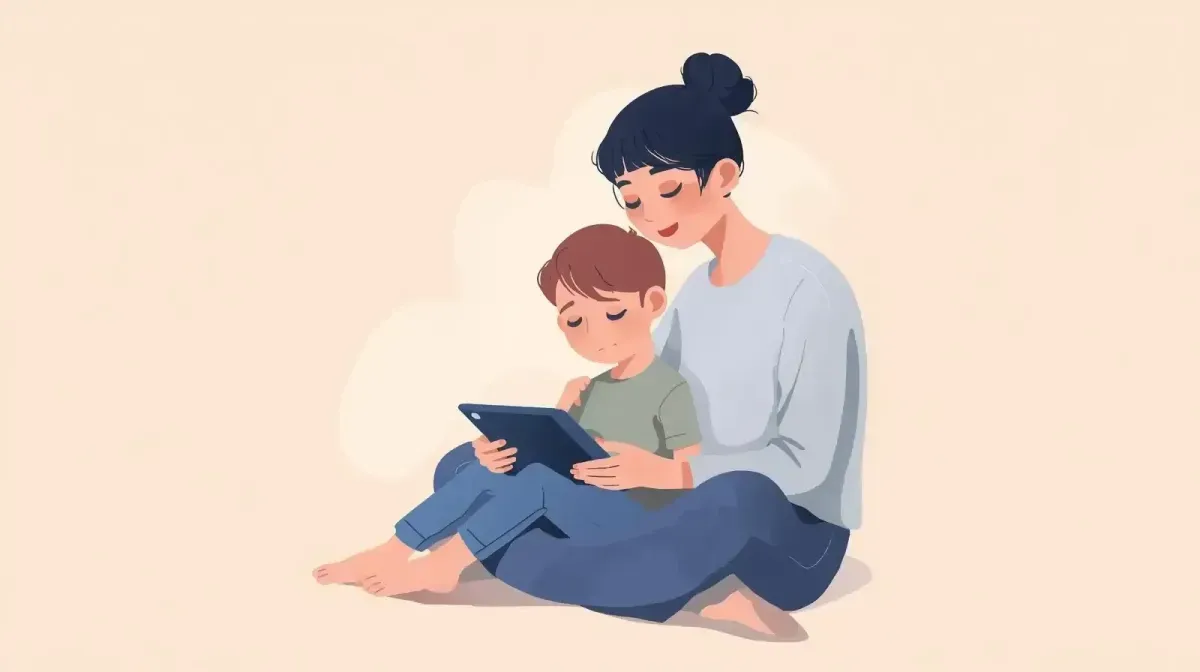What Happens in Parenting Coaching Sessions? (And How They Can Transform Your Family Life)
Published on: 17/02/2026
Wondering what happens in parenting coaching sessions? Discover how parent coaching transforms daily struggles into calm, clarity, and connection.
Little Ones Life Coach





